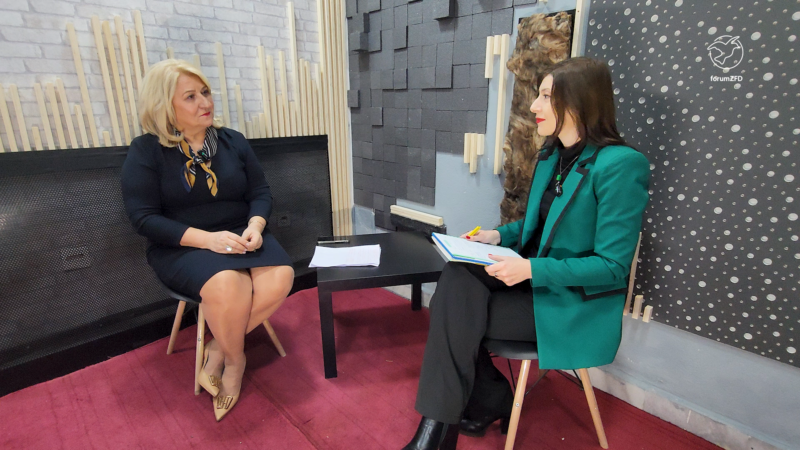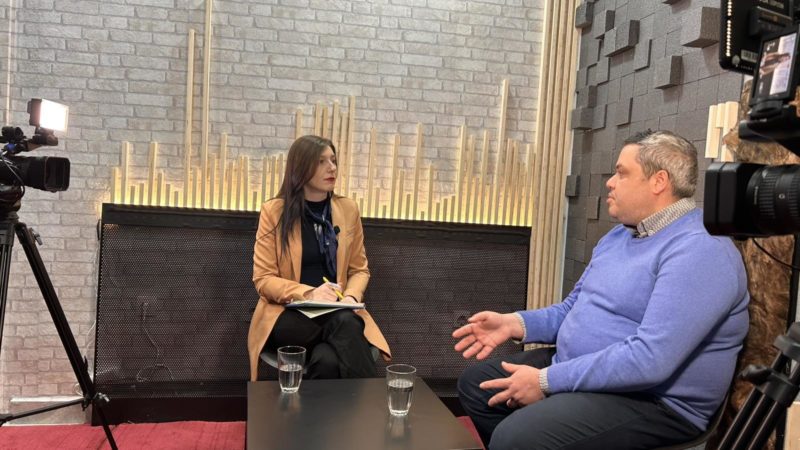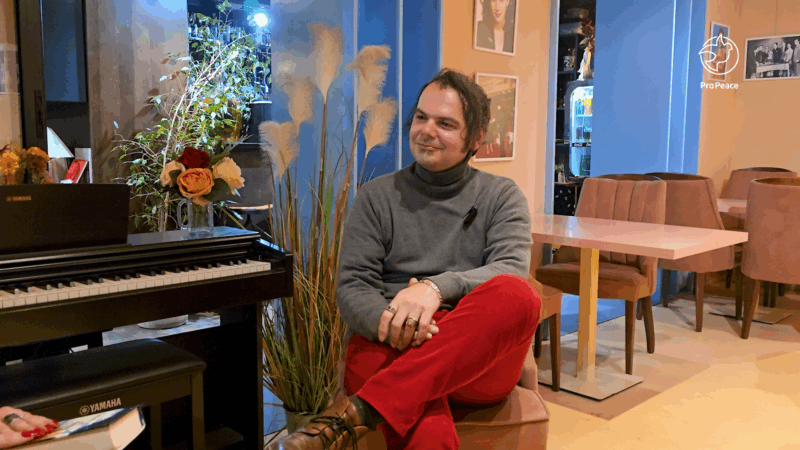The Balkans remain a region marked by a painful history of wars, conflicts, and ethnic divisions. In this conversation, we explored the psychological and social consequences of these events, and how societies can or should engage with their past to build a peaceful future. We discussed transitional justice, the importance of remembrance versus intentional forgetting, the role of forgiveness, and the challenges of interethnic dialogue. Questions were raised about how communities can heal, how individuals confront trauma, and whether reconciliation efforts—both local and international—can foster trust and collective identity after conflict.
БИ МОЖЕЛО ДА ВЕ ИНТЕРЕСИРА
-
What have Balkan countries done to protect the women in the post conflict period?
In this episode of Transitional justice we talk about the protection of women in the post conflict period. The UN recognized the need to highlight the role and the position of women in the world after armed conflicts and adopted the Resolution 1325. This Resolution urges all actors to increase the participation of women and incorporate gender perspectives in all UN peace and security efforts. Our interlocutor for this topic is Professor Lidija Georgieva from the Faculty of Philosophy. We asked The Professor Georgieva what is done after the adoption of this Resolution, especially in the Balkan countries?
Post Views: 622 -
What is Transitional Justice?
In the first episode of our new podcast series, Balkan Perspectives, we talk about Transitional Justice, what does it mean, and how have countries in the Balkans dealt with it? Why don’t we learn about it as a subject in schools, even though it’s so important? To answer these questions, we talked to University Professor Blagoj Conev, who explains the basics of Transitional Justice and why it is important for our region.
Post Views: 666 -
Knowledge in different cultures and languages is the key stone in the peace building process
Interview with the polyglot Elvi Sidheri
In this episode of transitional justice we speak about the influence of the culture and its role on the process of reconciliation. What is the advantage of knowing different cultures or different languages? On these topics we talk with the polyglot Elvi Sidheri who speaks 15 different languages. Born in Tirana, currently lives in Prishtina and speaks every Balkan language. He has written several books and translated many big writers. These are his views on the topic and his personal story.
Post Views: 721





